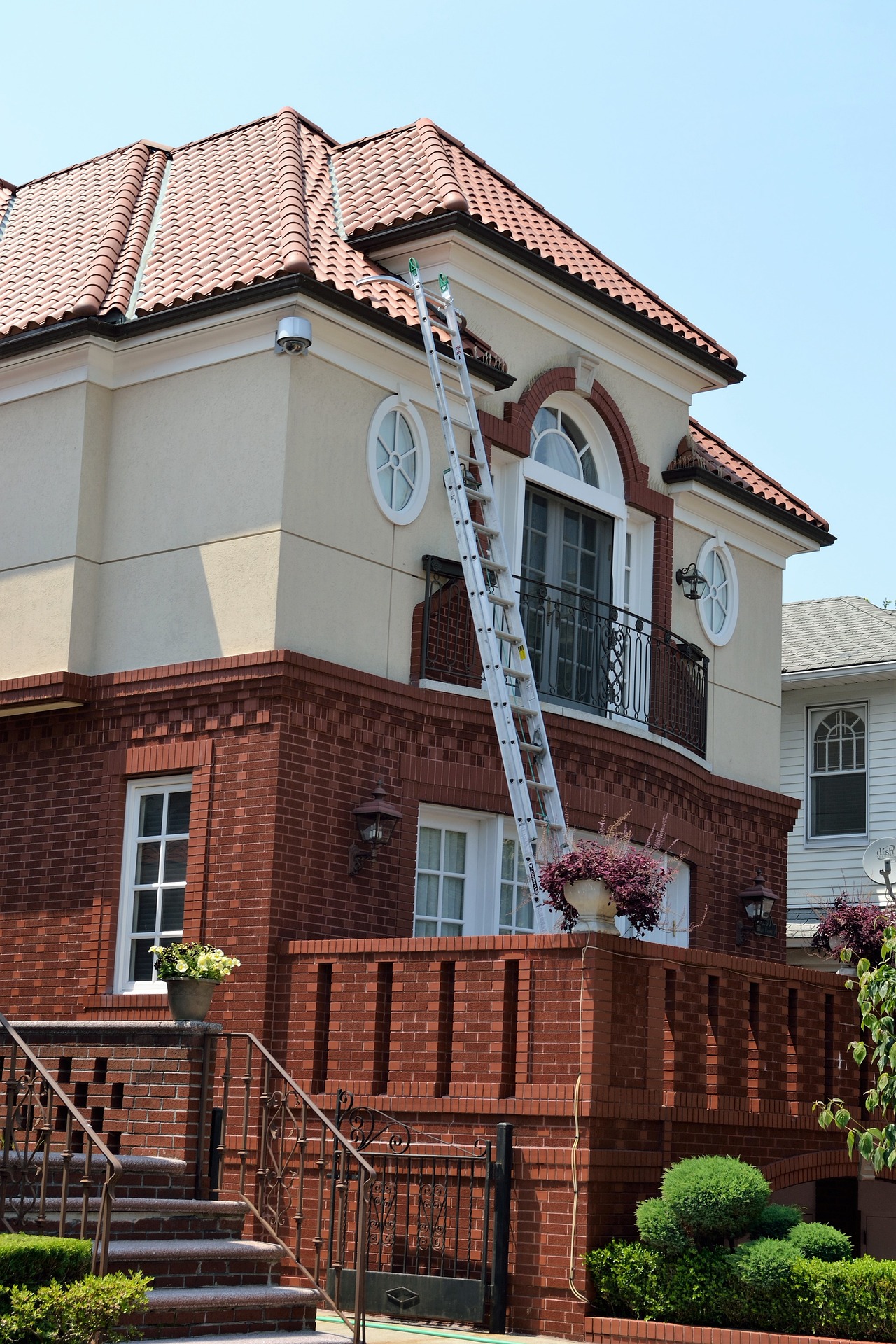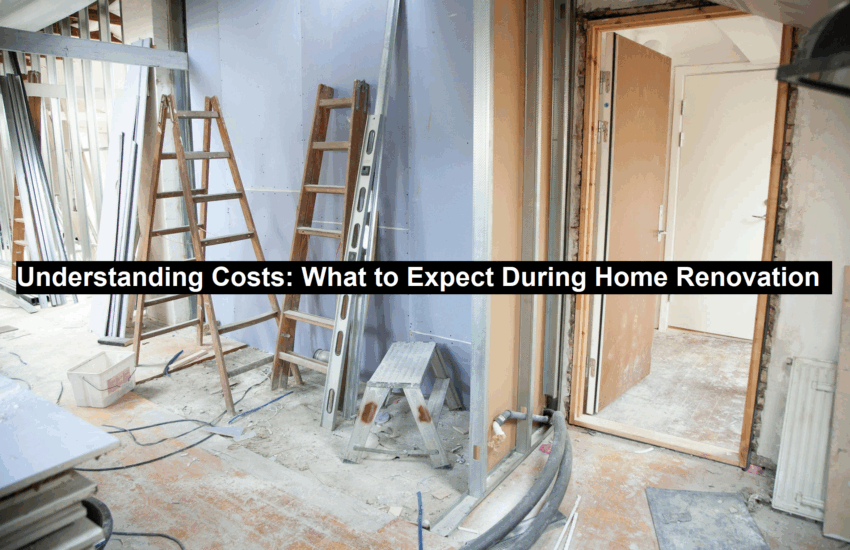Why Regular Home Inspections Are Important
Buying a home is likely one of the most important purchases you’ll make in your lifetime. It also means taking on a lot of responsibility in terms of maintaining the trends in interior design and exterior design of the home. Regular home inspections can help you protect your investment and your family by identifying potential hazards you may not notice in day-to-day life.
A home inspection involves checking various parts of the home, including its structure, electrical systems, plumbing, HVAC, and more. Learn more about what happens during routine home inspections and why they’re important.
What Is a Routine Home Inspection?
A professional home inspector likely inspected your home before you purchased it. Many homeowners don’t see a home inspector again until they decide to sell the home or buy another one. While regular home inspections can identify potential plumbing problems, finding the right plumber for your home ensures they get fixed efficiently. However, experts recommend having a professional inspect your home every two to five years.
The home inspector reviews all interior and exterior areas of the home to identify any issues that need fixing. Many times, the defects are minor and don’t need immediate attention.
They may also identify significant issues that need addressing right away.
What to Expect During Your Home Inspection
You can expect the home inspector to be at your house for roughly two to four hours, depending on the size of your home.
Generally, he or she will assess the following five categories throughout your home:
- Foundation
- Exterior (roof, siding, etc.)
- Plumbing
- Electrical
- HVAC
The inspector will then create a report including the results of their findings. The report may take a couple of days to complete. It is often long and inclusive, but not all the repairs are significant or necessary to perform right away.
You’re encouraged to be home during your home inspection, so you can ask questions while the inspector moves throughout the house. For many, seeing the process in person provides more insight than the final report.
Why Perform Regular Home Inspections?
Regular home inspections can be lifesaving. They can also protect your investment and prevent more expensive and time-consuming repairs in the future.
The following are a few reasons to have regular home inspection services performed on your home.
For an Honest Look at Your Home
Home inspectors do not have the same ulterior motives that some home repair providers may have. They won’t try to sell you services or equipment during the inspection. While regular home inspections are important, the right window treatment won’t affect the inspection itself. A regular home inspection provides an unbiased look at what needs repair, so you can call a contractor or repair person already knowing what needs to be done.
To Catch Problems Early
A home inspector may catch potential repairs or dangers in your home before they become hazards. Locating issues early, or even before they happen, can save homeowners thousands of dollars while protecting the home’s lifespan.
To Locate Mold and Eliminate It
Mold is a significant concern among homeowners, especially when they live in hot, humid areas. A qualified home inspector knows how to spot the tiniest signs of mold, so you can stop it before it harms your home and your family.
To Check for Electrical Issues
A considerable advantage of regular home inspections is that they provide homeowners with peace of mind. A home inspector will search for any dangerous or potentially dangerous parts of your home’s electrical system. They’ll thoroughly examine it to ensure it’s safe and functioning properly. While regular home inspections focus on the overall condition of the house, a Professional Roof Inspection provides a detailed assessment of your roof’s health. Small issues in a home may become major repairs and dangers over time. Having your home inspected by a professional home inspector every two to four years can help you identify issues early, saving time, money, and stress. It’s also an ideal way to receive an unbiased opinion on which projects should come next on your home maintenance to-do list.



